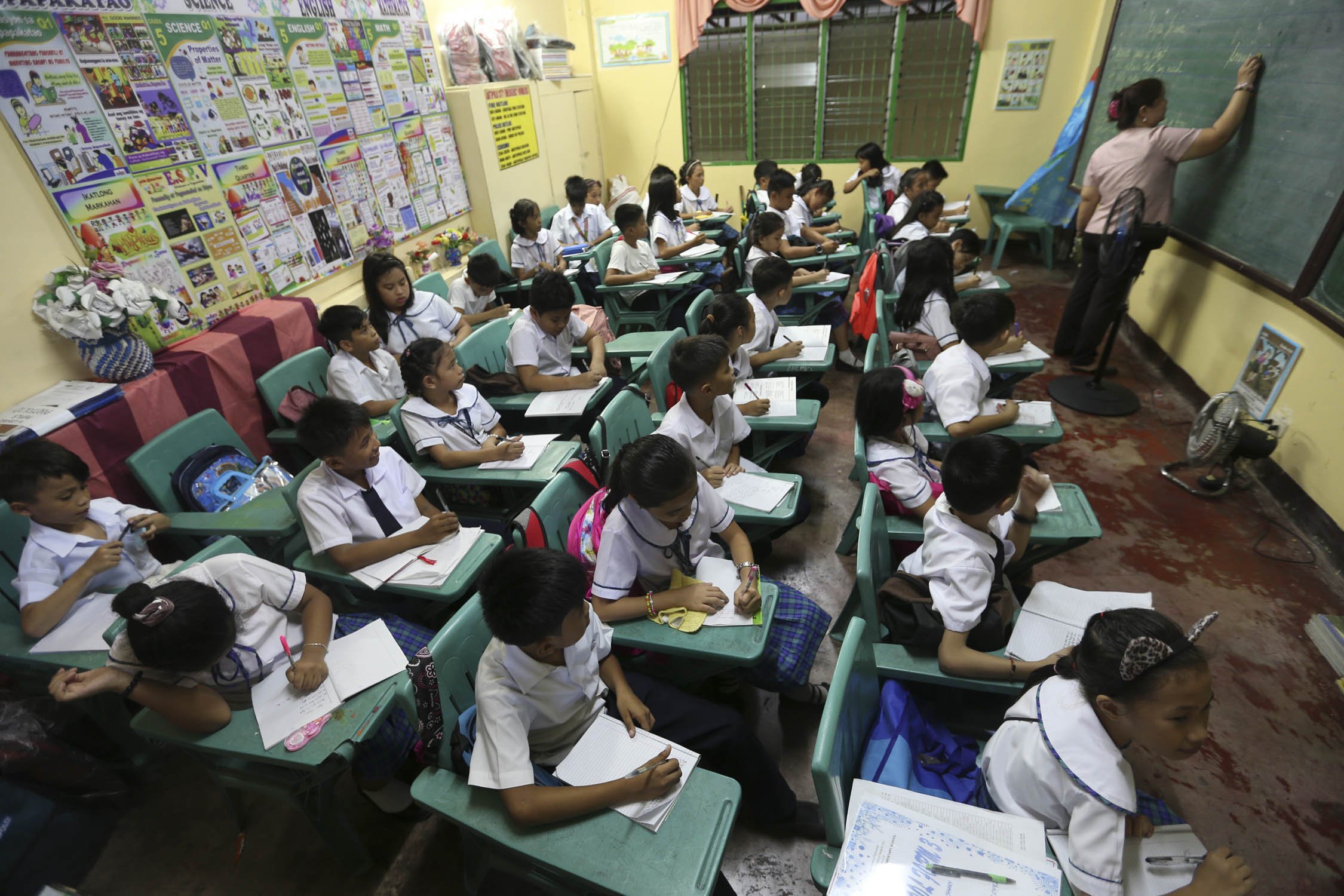
CEBU CITY, Philippines — With less than 20 percent of its students having no access to internet or gadgets to participate in online, education officials in Cebu province are now looking into modular learning as the alternative modality for School Year 2020-2021 while the threat of the coronavirus disease 2019 (COVID-19) persists.
This modality, which involves handing out weekly sets of modules to basic education students, is estimated to cost the provincial government about P2 billion for the entire school year.
The amount covers for about 588,000 students in the basic education or from kindergarten to Grade 12.
Governor Gwendolyn Garcia said that while the initial plan of the education department would be for online learning, the inventory of the Division of Cebu province showed that 82 percent of its basic education students don’t have access to the internet or gadgets to support online learning.
Read: Students weigh in on online learning
Students from the six component cities of the province, although standing as separate education divisions, also share the same dilemma with only an average of 20 percent of their students having access to the web.
“That is why the direction of the Department of Education would be the modular learning. They will give out worksheets, workbook. One worksheet will be given for every subject per week. So with eight subjects, there will be eight workbooks and in a month, 32,” Governor Gwendolyn Garcia said in Cebuano.
But aside from the cost, Garcia said carrying out modular learning is still a challenge particularly for the pupils in lower grade levels and even kindergarten.
“What about Kinder? How are you going to teach that this is the letter a, this is letter b… You cannot teach a child, who does not know how to read, how to read by just a workbook. There has to be some kind of face-to-face instruction,” Garcia said.
Read: CBC an avenue for parents to find laptops in preparation for kids’ online learning
While some parents may take care of the basic instructions, Garcia said the education officials should not overlook the situation in the remote areas in the provinces where the parents did not have much education themselves.
Garcia said that in a meeting with education officials last Tuesday, June 9, 2020, the DepEd-7 is looking at the Purok system as the means to deliver the basic instructions to the students through teachers who actually reside in the same purok (sub-village).
However, even occasional face-to-face instruction in the purok level between the students and teachers may still be hindered if the 24/7 quarantine rule for children below 21 years old remains.
The quarantine protocol for the under 21s is part of the guidelines set by the national Interagency Task Force for the Management of Emerging Infectious Diseases (IATF-MEID). /bmjo

